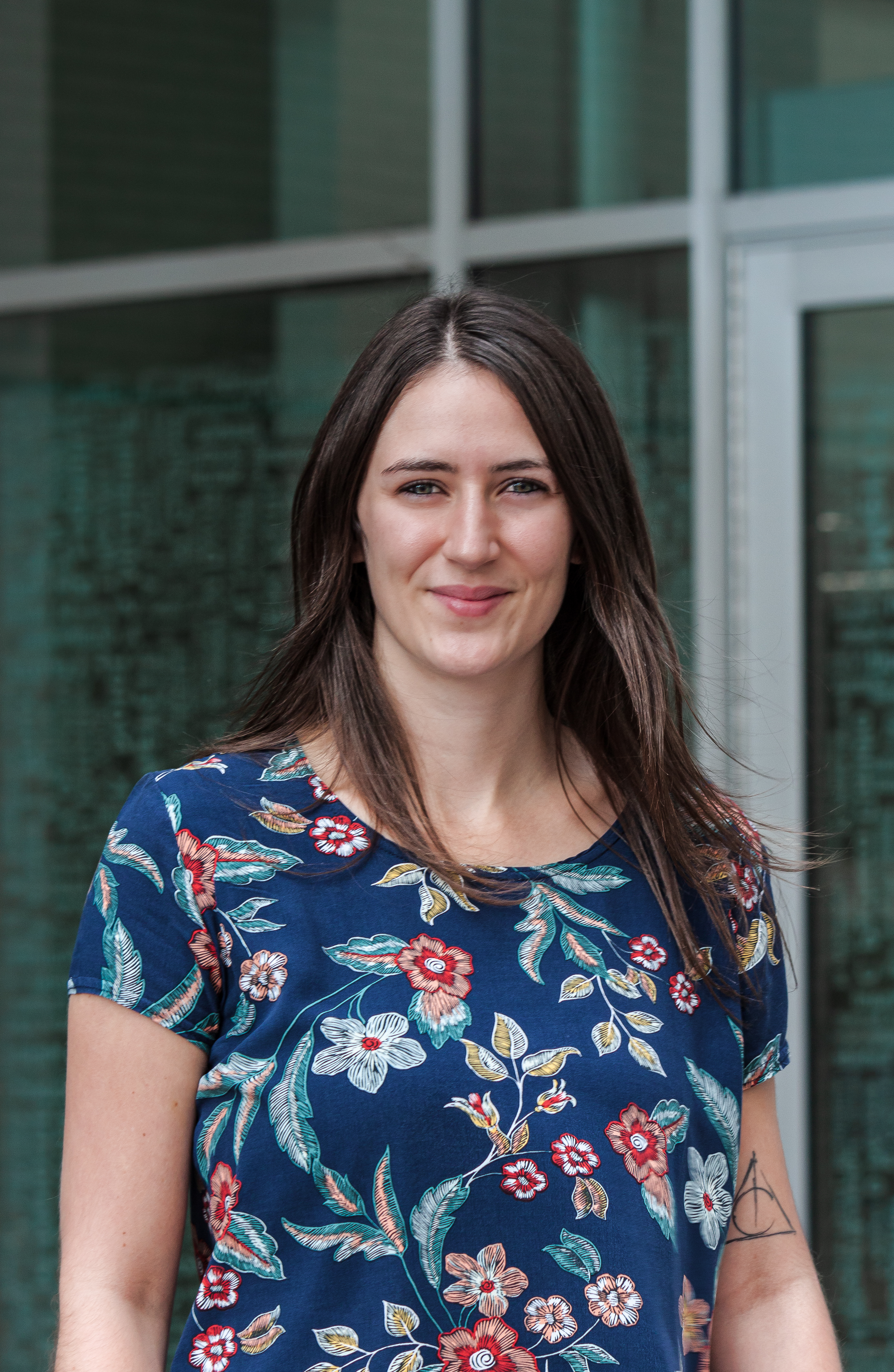PhD student in psychology
Mélodie has been interested in neuropsychology and neursocience since she was a little girl. During her bachelor degree, which she completed at the University of Montreal (2017), she participated in a psychology fellowship at the Centre Jeunesse of the Laurentides. After that, she decided to pursue her academic path with a master's degree in reseach in health sciences at the University of Sherbrooke. She worked on an open-label study evaluating the electrophysiological effects of a metformin treatment in patients with Fragile X Syndrome. Following the obtention of her master's degree (2020), she started a PhD in psychology in Dr Lippé's laboratory. For her doctoral project, she evaluates the EEG components in children and young adults with FXS and autism spectrum disorder (ASD) that could be used as biomarkers in future clinical studies.
* Best oral presentation (gradate program) at the 15th Scientific Day of the Department of Psychology, University of Montreal, 2022
* Departmental scholarship, Faculty of Medecine and Health Sciences, University of Sherbrooke, 2018-2020, 17 500$
* Mentions of excellence, Faculty of Arts and Science, Universiy of Montréal, 2015, 2016 and 2017
She has recently made presentations (2023)
* Oral presentation at the 37th Congress of graduate students and postdoctoral researchers at CHU Sainte-Justine entitled Spectral power and temporal complexity altered in the resting state in individuals affected by the autism spectrum without intellectual disability
* Poster presentation at the Organization for Human Brain Mapping Conference entitled Specific resting state biomarkers associated with FXS and ASD
There is also an article that we published in 2021:
· Proteau-Lemieux, M., Knoth, I. S., Agbogba, K., Cote, V., Barlahan Biag, H. M., Thurman, A. J., Martin, C. O., Belanger, A-M., Rosenfelt, C., Tassone, F., Abbeduto, L. J., Jacquemont, S., Hagerman, R., Bolduc, F., Hessl, D., Schneider, A., & Lippe, S. (2021). EEG Signal Complexity Is Reduced During Resting-State in Fragile X Syndrome. Front Psychiatry, 12, 716707. doi:10.3389/fpsyt.2021.716707
